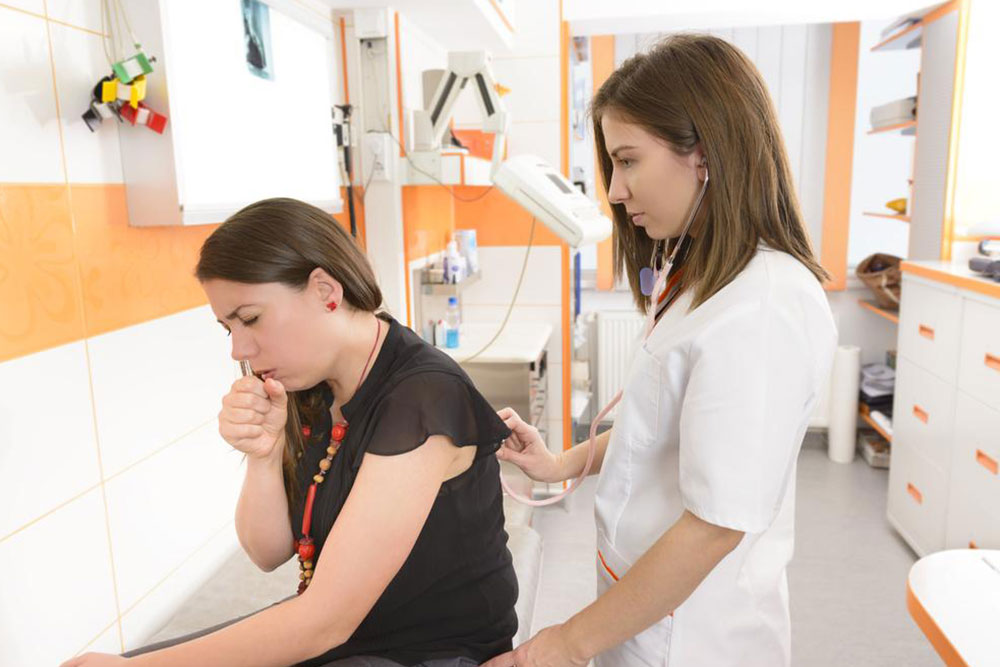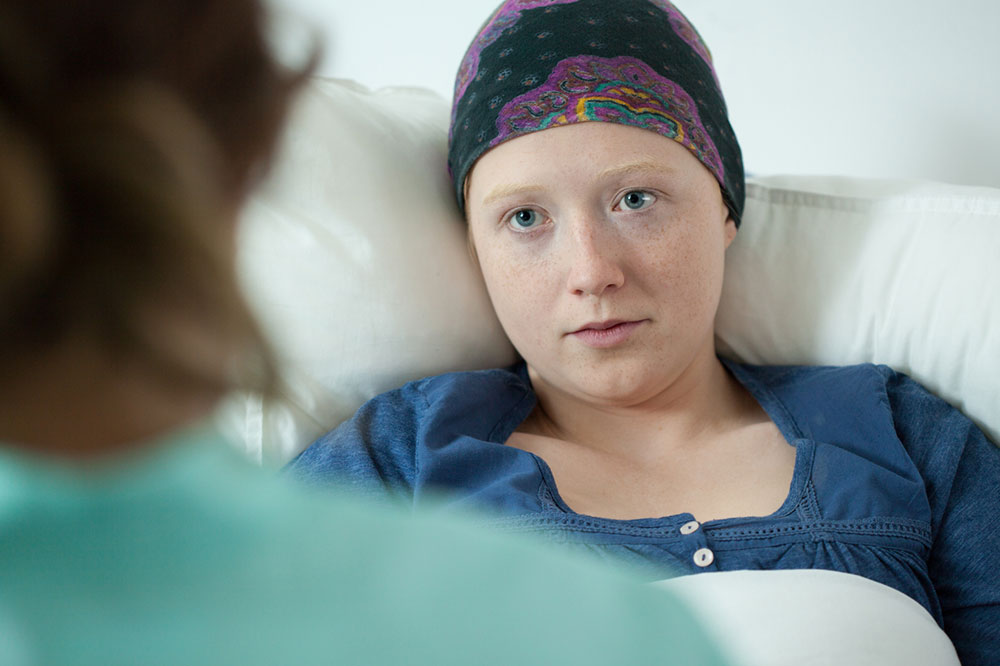Therapeutic Strategies for Advanced Lung Carcinoma
Explore current and innovative treatment options for advanced lung cancer, including precision radiation, chemotherapy, targeted therapy, and symptom-relief procedures. Understanding treatment strategies helps improve patient outcomes in late-stage disease, focusing on symptom management and quality of life.
Sponsored

Lung carcinoma develops tumors that impair lung function and can cause blockages. Common symptoms include wheezing, difficulty breathing, and blood in mucus. While surgeries and modern chemotherapy are standard treatments to eliminate or control tumors, ongoing research continues to advance lung cancer treatment options.
Radiation Therapy
Although radiation therapy is a longstanding treatment, recent innovations have enhanced its effectiveness. Newer radiation machines incorporate integrated imaging scanners, known as image-guided radiation therapy (IGRT). This technology enables precise targeting of cancer with real-time imaging, allowing for small adjustments before delivering radiation, which minimizes healthy tissue damage and reduces side effects.
This approach improves targeting accuracy, leading to fewer adverse effects compared to traditional radiation methods. For stage IV lung cancer patients, understanding the disease’s extent is crucial for selecting appropriate treatment strategies. Stage IV indicates metastasis beyond lungs, making complete cure challenging.
Treatments for advanced lung cancer depend on where the cancer has spread, tumor count, and patient health. Patients in good overall condition may undergo surgery, chemotherapy, or targeted therapies to manage symptoms, though these might not eradicate the disease entirely. Additional options include photodynamic therapy and laser treatments, which help alleviate symptoms. For those with non-small cell lung cancer (NSCLC), understanding treatment goals is essential before starting therapy.






